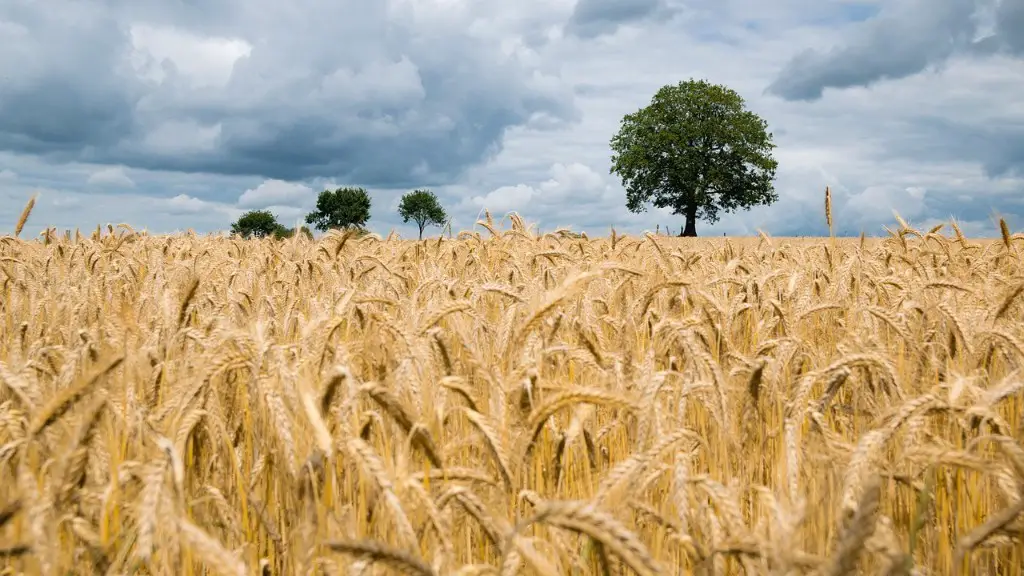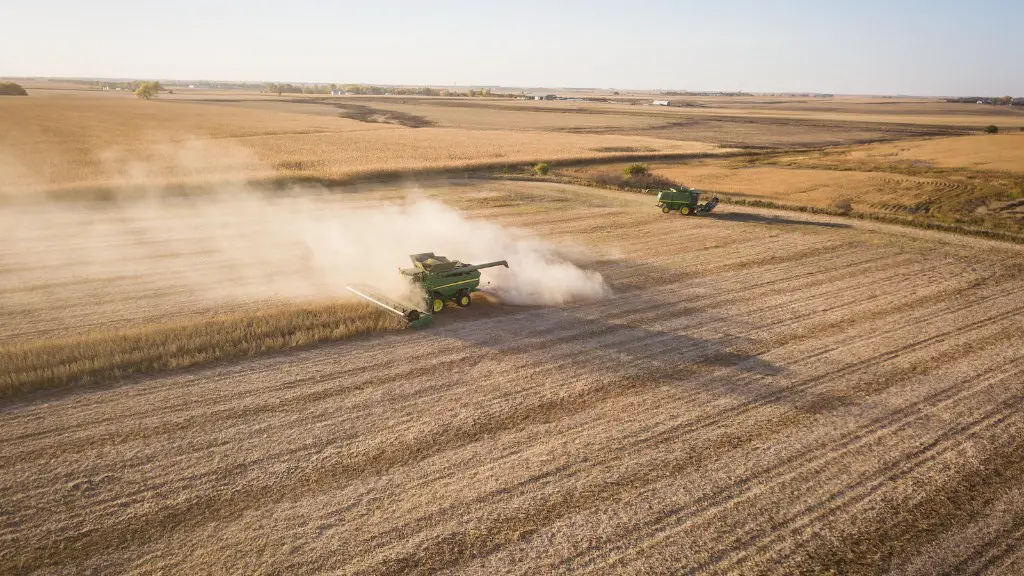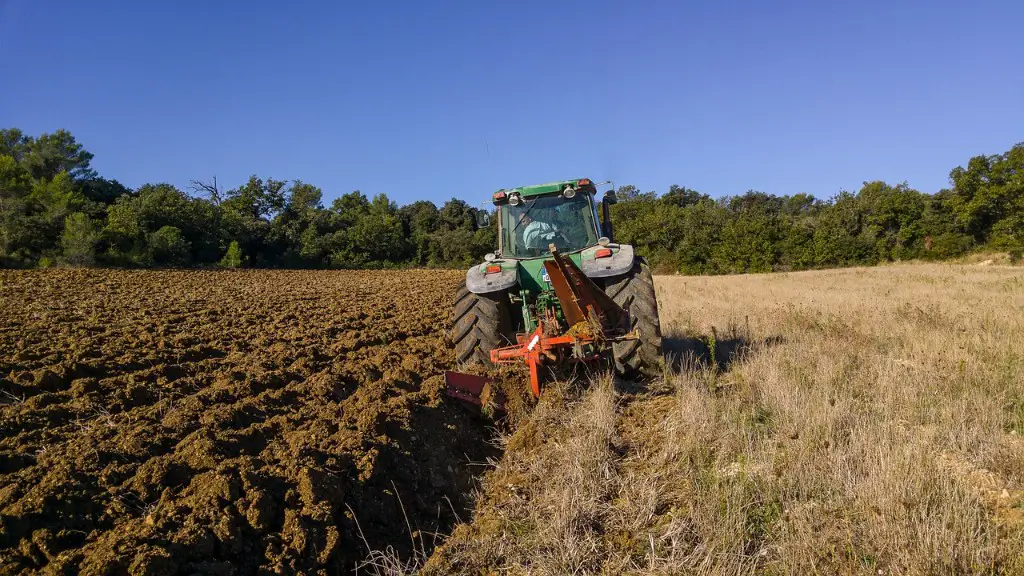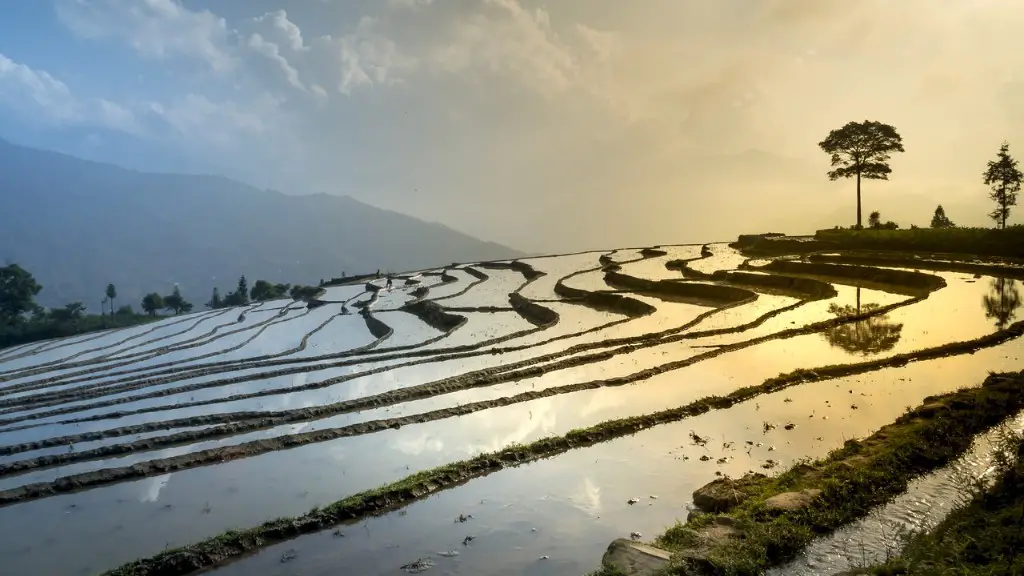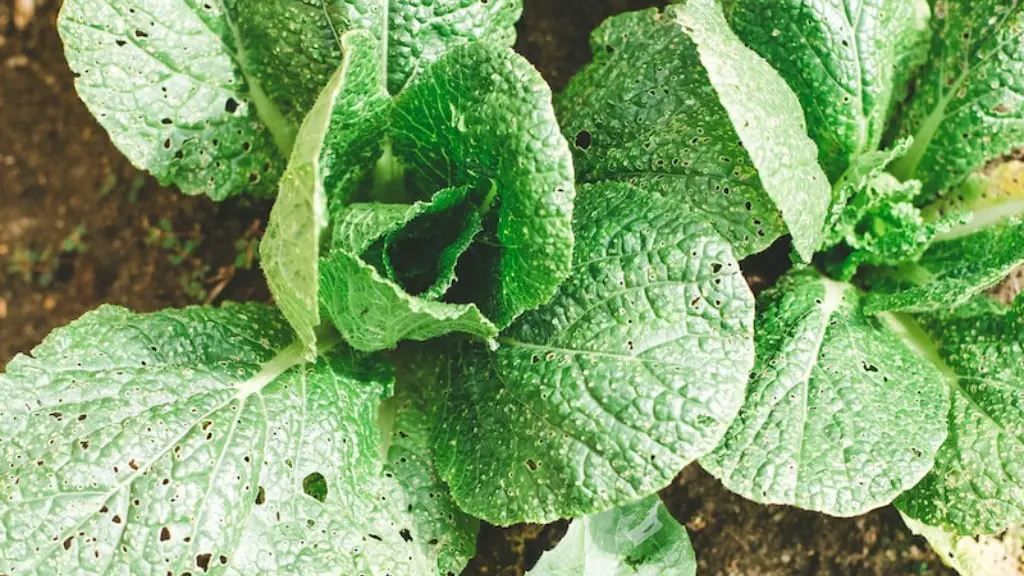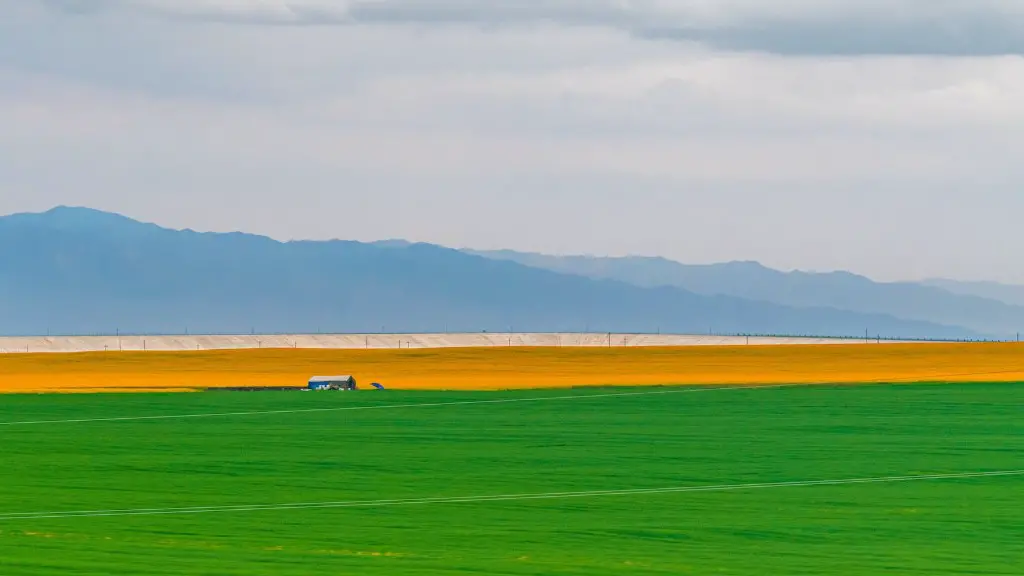The god of agriculture is a spirit that helps protect and watch over crops and farmers. This god is often associated with fertility and growth, and is sometimes represented by a Green Man or horned god. In some cultures, the god of agriculture is also responsible for the weather and may be depicted as a sun or thunder god.
The god of agriculture is a deity that oversees the growth and nourishment of crops. This god is often responsible for the fertility of the land and the bounty of the harvest. In some cultures, the god of agriculture is also responsible for weather, particularly the rains that are necessary for a healthy crop.
Who is the Roman god of agriculture?
Ceres was an important goddess in ancient Roman religion. She was associated with agriculture, grain crops, fertility, and motherly relationships. She was one of the Dii Consentes, a group of Roman gods equivalent to the Twelve Olympians of Greek mythology.
Demeter is one of the most important Olympian goddesses in ancient Greek religion and mythology. She is the goddess of the harvest and agriculture, presiding over crops, grains, food, and the fertility of the earth. Demeter is also a mother goddess, associated with the care and protection of children.
What is the mythology of agriculture
Demeter is an important goddess in Greek mythology, associated with agriculture, fertility, and the land. She is typically depicted as a mother figure, and is often referred to as a earth-mother or fertility goddess. Demeter is a popular figure in modern paganism and witchcraft, and is still revered by many people today.
Renenutet was a goddess of nourishment and the harvest in the ancient Egyptian religion. The importance of the harvest caused people to make many offerings to Renenutet during harvest time. Initially, her cult was centered in Terenuthis.
Who is the African god of agriculture?
Oko Oko is the god of agriculture and fertility. He came to Earth and lived on a small farm, growing some of the most beautiful and delicious fruits and vegetables. One day, he simply vanished, leaving nothing but his staff sticking in the ground.
The Greek goddess of harvest is Demeter. In addition to harvest, she is also the goddess of agriculture and the cycle of life and death. Demeter is credited for creating the seasons, which was a result of her daughter, Persephone, being stolen by Hades.
Who is the god of agriculture and wealth?
Saturn was a god in ancient Roman religion, and a character in Roman mythology. He was described as a god of time, generation, dissolution, abundance, wealth, agriculture, periodic renewal and liberation. Saturn’s mythological reign was depicted as a Golden Age of abundance and peace.
Ceres was the Roman goddess of the growth of food plants, worshiped either alone or in association with the earth goddess Tellus. At an early date, her cult was overlaid by that of Demeter, who was widely worshiped in Sicily and Magna Graecia.
Is Apollo the god of agriculture
Apollo is one of the most important gods in Greek mythology. He is the god of the sun, light, music, poetry, healing, and prophecy. He is also the god of agriculture and archery. Apollo is the son of Zeus and Leto. His twin sister is Artemis.
Frey, also spelled Freyr, was a god of wealth and of the harvest in Norse mythology. He was the brother of the fertility goddess Freya. Frey had power over rain and sun, bountiful harvests, good fortune, happiness, and peace. He was the patron god of Sweden and Iceland.
Who is the titan of agriculture?
Cronus, also known as Kronos, was the Titan god of time, agriculture, and harvest. He was depicted as a man with a scythe or as a snake. His symbols were the grain, sickle, and scythe. Cronus was the son of Uranus and Gaea. He married his sister Rhea and they had six children: Zeus, Poseidon, Hades, Hera, Demeter, and Hestia. Cronus was overthrown by Zeus and imprisoned in Tartarus.
In Hindu tradition, Balarama is the patron deity of farmers, signifying the one who is “harbinger of knowledge” and the prosperity of agricultural tools. He is often depicted as carrying a plough and a sickle, and is said to be the bringer of springtime.
Is Osiris the god of agriculture
Osiris was an important god for the Ancient Egyptians for many reasons. In addition to being the ruler of the underworld, he was also seen as a god of fertility and agriculture. His power was thought to extend even to the cycles of the moon, allowing him to control the tides. For the Ancient Egyptians, Osiris was a powerful and influential god who had a great impact on their lives.
Osiris was originally a vegetation god linked with the growth of crops. He was the mythological first king of Egypt and one of the most important of the gods. Osiris was slain by his brother Set and resurrected by his sister-wife Isis. As the god of the underworld, he was responsible for the judgment of the dead and the afterlife.
Who is the god of growth?
Auxesia is the Greek goddess of growth, and she brings prosperity wherever she goes. According to mythology, her olive-wood statue is a symbol of fertility and life, and she is often depicted holding a cornucopia, which is a symbol of abundance.
Demeter is the Greek goddess of farming and agriculture, and is one of the most important goddesses in Greek mythology. As Greece was mostly an agrarian society, Demeter was worshipped by many for her role in providing bountiful harvests and fertility. She is the daughter of Titans Cronus and Rhea, sister to Zeus, and mother to Persephone. Demeter is typically portrayed as a beautiful woman with a cornucopia, symbolizing her role in abundance and fertility.
Who is the god of all plants
The Roman goddess Flora was the goddess of the flowering of plants. She was introduced to Rome by Titus Tatius, the Sabine king who ruled with Romulus. Her temple stood near the Circus Maximus.
Hephaestus was the blacksmith of the gods and was also responsible for creating many of the furnishings for Olympus. He was usually depicted as a bearded, disabled man with a hammer and anvil.
Warp Up
The god of agriculture is a deity that is associated with agricultural activities and productivity. In many cultures, this god is seen as a life-giving force that helps to ensure a good harvest. This god may also be associated with fertility and the natural world.
The god of agriculture is a deity that is associated with agriculture and farming. This god is typically responsible for fertility and bountiful harvests. In many cultures, the god of agriculture is also associated with the underworld and death.
